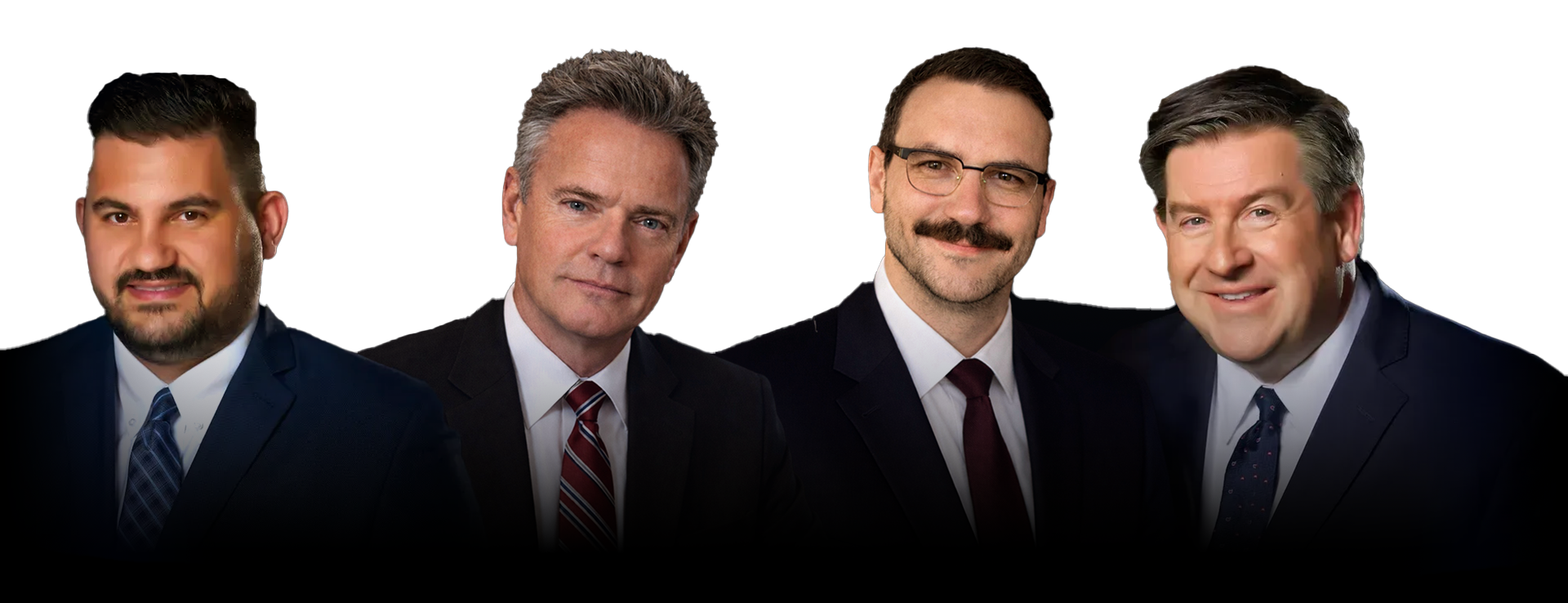YOUR FUTURE IS ALL THAT MATTERS

Aggravated Assault With A Firearm
The second amendment guarantees United States citizens the right to bear arms. Florida’s Stand Your Ground law further buttresses those rights, but that doesn’t mean there aren’t rules you have to follow when it comes to firearms. Concealed carry, in particular, comes with a string of restrictions and requirements that, if violated, could lead to serious criminal charges. If you’ve been accused of illegally carrying a concealed firearm, contant Will Halon with Hanlon Law in Lakeland to schedule a free consultation.
Is Carrying a Concealed Firearm Illegal?
Without a concealed carry license, yes, carrying a concealed firearm in the state of Florida is illegal. As with all criminal charges, the burden of proof lies with the prosecution. They must be able to show beyond a reasonable doubt that:
- You knowingly carried a weapon that was readily accessible on or about your person
- The weapon was concealed from ordinary sight
- You were not licensed to carry a concealed weapon at the time
By “readily accessible” and “on or about your person,” the law means that the gun and its ammunition are physically on you (like in your pockets or in a bag you’re holding) and easy to access quickly.
“Concealed from ordinary sight” means that any average person looking at you wouldn’t be able to tell you’re carrying a weapon. This can be subjective, depending on where specifically you had the firearm, and may be a good defense depending on the circumstances.
The inclusion of “knowingly” in the definition is important to note; it means that you had to have been aware you were carrying the gun in the first place. For example, say you offer to carry a friend’s bag for them, with no awareness whatsoever that the friend has a gun in that bag. You cannot be accused of carrying a concealed weapon knowingly in such a case.
The requirement of intent doesn’t extend to concealment, though; even if you didn’t intend to conceal the firearm, if the average person wouldn’t be able to tell you have the weapon, it’s still concealment. So, for example, say you’re carrying a firearm in a holster on your belt. It’s visible when you put it on, but you later throw a jacket on, which covers the weapon on your belt. Even if it wasn’t your intention, the weapon is now concealed, and you could be charged with illegally carrying a concealed weapon if you aren’t properly licensed.
Are There Other Kinds of Concealed Carry Violations?
While having a concealed carry license generally means you’re allowed to carry a concealed weapon, it isn’t a free pass to do so anywhere and anytime you want. There are still certain regulations you have to follow, otherwise you could still end up facing criminal charges.
It’s important to note that concealed carry licenses are not available to anyone under the age of 21. Convicted felons can’t legally possess firearms at all, and are subsequently ineligible for a concealed carry license. Some other offenses may have similar restrictions, such as those relating to the abuse of controlled substances (even alcoholic beverages) or domestic abuse.
Are There Any Exceptions to Concealed Carry License Requirements?
There are a few circumstances in which you are legally allowed to have a concealed weapon, even without a concealed carry license:
Secure Encasement
Secure encasement means the concealed firearm in question is not readily accessible. There are two kinds of situations where the secure encasement exception applies.
First, if the firearm in question is stored in your “private conveyance” (any personal mode of transportation, like a car or motorcycle), in some kind of location that must be opened before the weapon can be accessed and utilized, it is considered in secure encasement. For example, a gun stored in a glove compartment.
Second, if the weapon and ammunition are not stored together, and one or both are not within easy reach of your person, that would also be considered secure encasement. So for example, carrying an unloaded gun on your person, with the ammunition stored in another location entirely.
Home and Place of Business
It’s commonly believed that any legal requirements regarding weaponry only applies to public property. While it’s true that the concealed carry law does not apply to private places of business, most places of business will have their own restrictions and requirements when it comes to firearms. Failing to abide by those can still lead to criminal charges.
If you’re on your own private property, the concealed carry law would not apply; however, if you’re on another person's private property, you will need that person’s permission to carry a concealed weapon. Without it, you could also face criminal charges.
Fishing, Camping, and Hunting
If you are driving to, driving from, or actively engaged in the act of fishing, camping, or other lawful hunting, you are not required to possess a concealed carry license.
What Are the Consequences for Carrying a Concealed Firearm Without a License?
Carrying a concealed firearm without a concealed carry license in Florida is a third-degree felony. As such, it is punishable by up to 5 years in prison (or 5 years of probation), and a $5,000 fine.
Lakeland Criminal Defense Lawyers
No matter what the circumstances are, it’s always in your best interest to have an experienced Lakeland defense attorney in your corner. Will Hanlon with Hanlon Law has nearly two decades of experience advocating for the accused. Our legal team will help you understand your rights and find the best defense to secure the most favorable outcome possible.
Contact Hanlon Law today to schedule a free consultation.
Contact Us
Call Today







